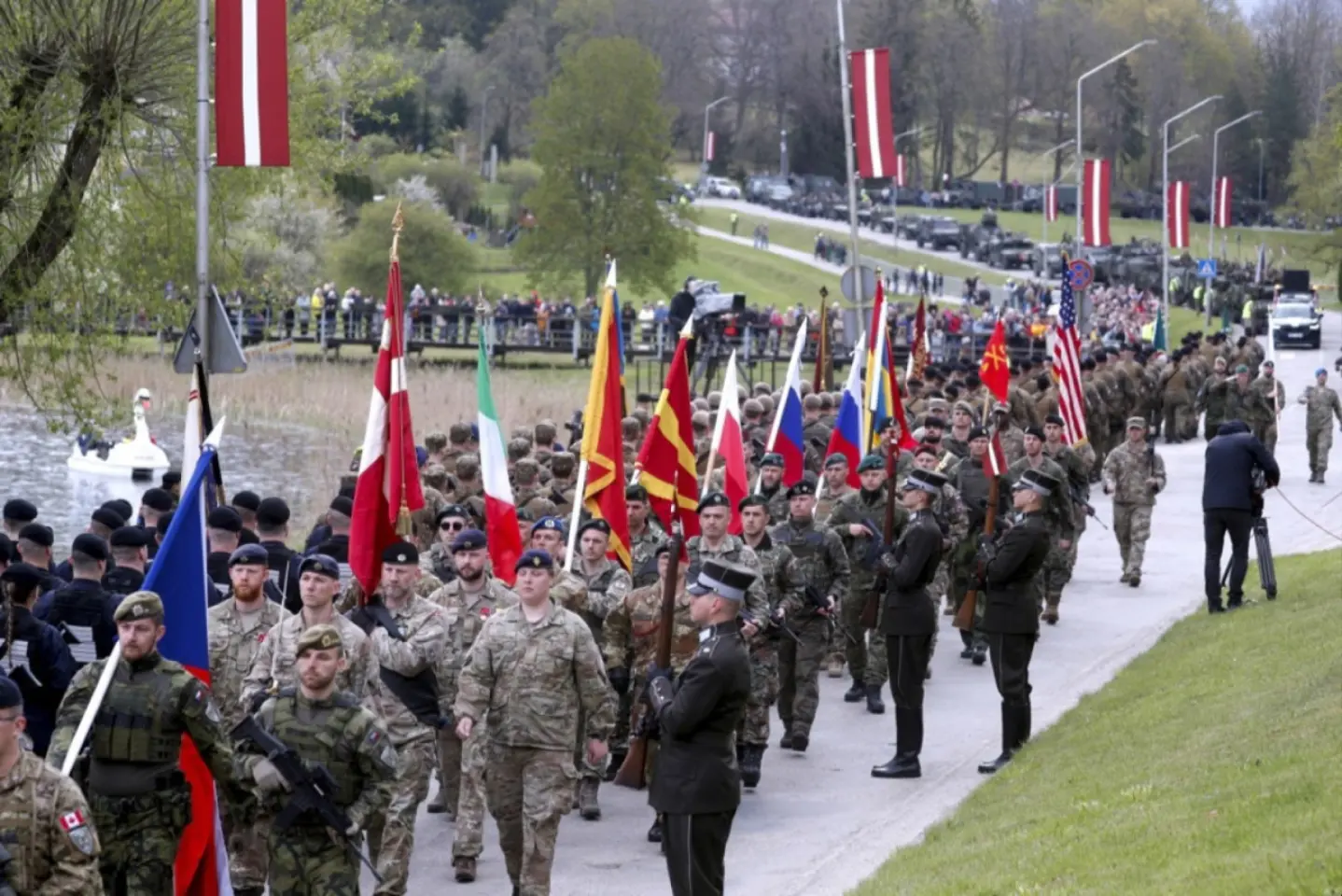
Given the vulnerability of the Baltic states to a Russian attack, there are growing calls that they should have a common defense, in order to more effectively supplement NATO’s assistance.
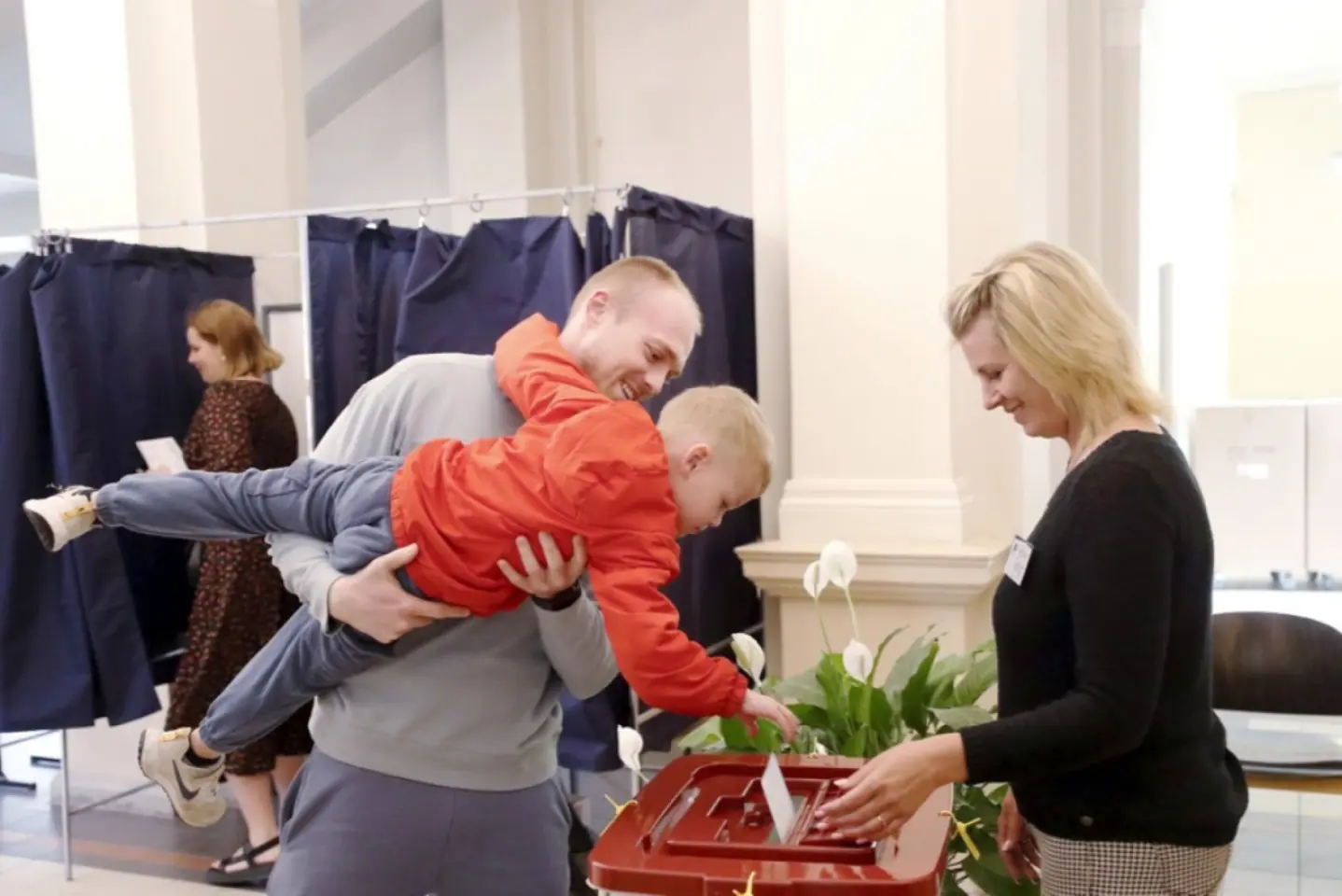
Politicians with pro-Russian – or at least ambiguous stands – and a strongman profile are frontrunners for the coming elections in Latvia’s three main cities. Will this trend go national?

Russia’s full-scale invasion of Ukraine has become a kind of test of loyalty to Latvia for Latvian cultural and sports stars. Those who have “flirted” or even collaborated with Russia have fallen out of favor.

While some argue that the Baltic States have been abandoned by a major strategic partner, others insist on the need for Europe to become more militarily independent.

Latvia must be prepared for everything in its defense: in the short term for versatile hybrid attacks, and in the long term even for a broader and more direct attack.

New NATO members Finland and Sweden are increasingly involved in the security of the Baltic region, which has seen a number of aggressive Russian moves including sabotages of undersea infrastructure. However, the potential for cooperation with the Baltic countries has merely been tapped.

As talks about peace in Ukraine along the current frontline intensify, some of Kyiv’s partners, including Latvia, feel this would be a dangerous outcome.

Ukrainian refugees in Latvia have generally been well received, but there were also some displays of hostility. Experts warn a long-term integration program is needed for the refugees.

An attack against an Alexey Navalny associate brought to light Latvian police corruption, divisions among Russia’s opposition and Latvian reserves regarding the latter.

After two decades in the EU and NATO, the Baltic States din not yet fully connect their infrastructure with that of their partners. The railway infrastructure is particularly problematic.

With the full-scale Russian invasion of Ukraine, Latvia's relations with China have become even more restrained than before, and things are unlikely to change in the foreseeable future.

As Russia’s war in Ukraine continues to fuel worries about Moscow’s aggressive stance, Latvia issued a manual telling civilians what to do if war breaks out, or simply put, how to prepare for a potential hour X and what to do when it happens.

The Baltic states have similar backgrounds and are mostly supportive to each other. There is, however, a friendly competition in terms of the speed of their development, and Latvia lags behind.

From hardliner Dmitri Medvedev’s wine to raw materials for the arms industry, Russian imports are transiting Latvia in spite of the latter’s hawkish stance towards Moscow.

The fear of war with Russia is taking a psychological toll on Latvians. Authorities are trying to reassure them, pointing that Moscow lacks the capacity to wage war against NATO.

Latvia’s efforts to rein in Russian spying and influence came to spotlight following allegations that a well-known pro-Russian MEP, Tatjana Ždanoka, collaborated with the FSB.

Warnings about a possible Russian attack against NATO have increased lately. Is the threat imminent, or is it just being used to increase readiness?

A number of countries may boycott the coming Paris Olympics over the IOC’s decision to let Russian athletes compete. Latvia is one of those countries, but not all Latvians – athletes and fans alike – would support such of decision.

There are worries in the Baltic States that a new Donald Trump may mean chaotic US policies. If Joe Biden stays, it would be “business as usual”.

The Latvians have been less involved lately in helping Ukrainians, as the war fatigue and domestic economic problems are taking their toll. However, the level of support is still high.
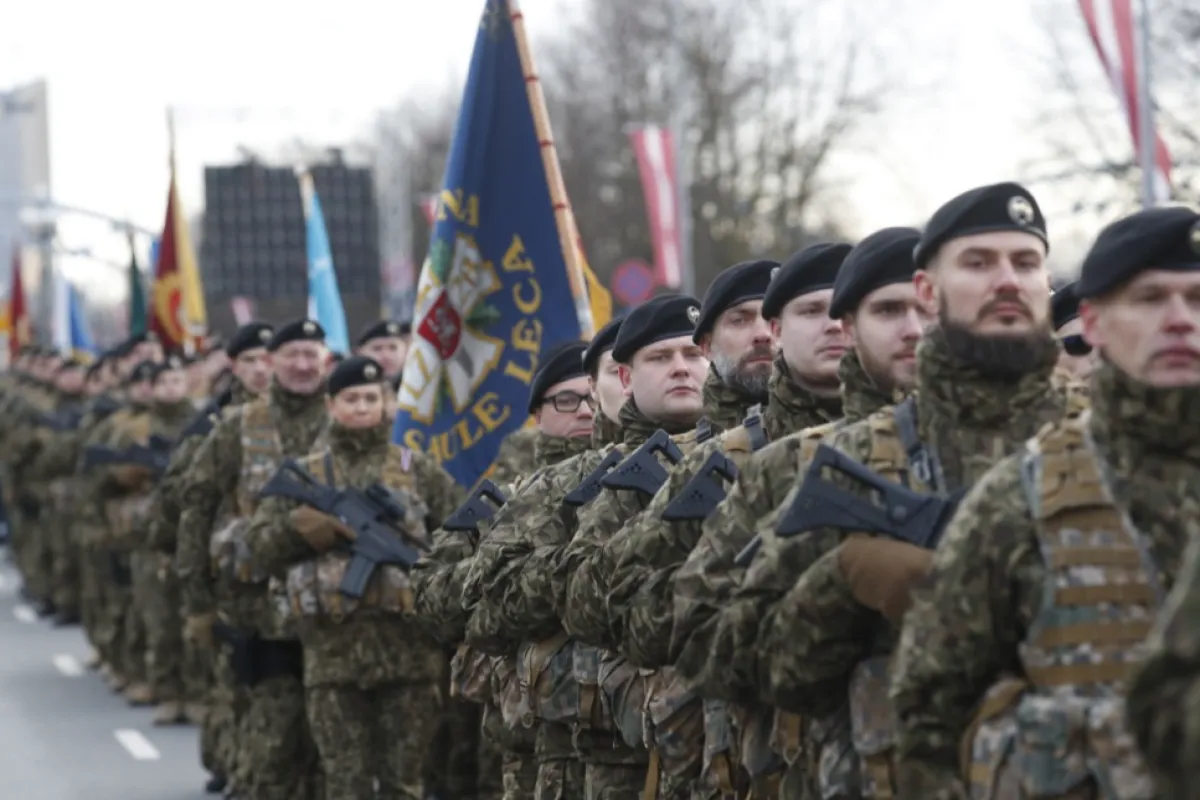
Latvia is making participation in the state defense service (SDS) mandatory, as part of a larger drive to strenghten its security.

Latvia’s unfinished border fence came into focus following Wagner’s rebellion in Russia and its alleged move to Belarus. Experts warn that security requires more than a fence.

După ce respectatul ministru leton de externe Edgars Rinkēvičs, a fost ales președinte, zilele coaliției pro-europene de guvernare ar putea fi numărate.
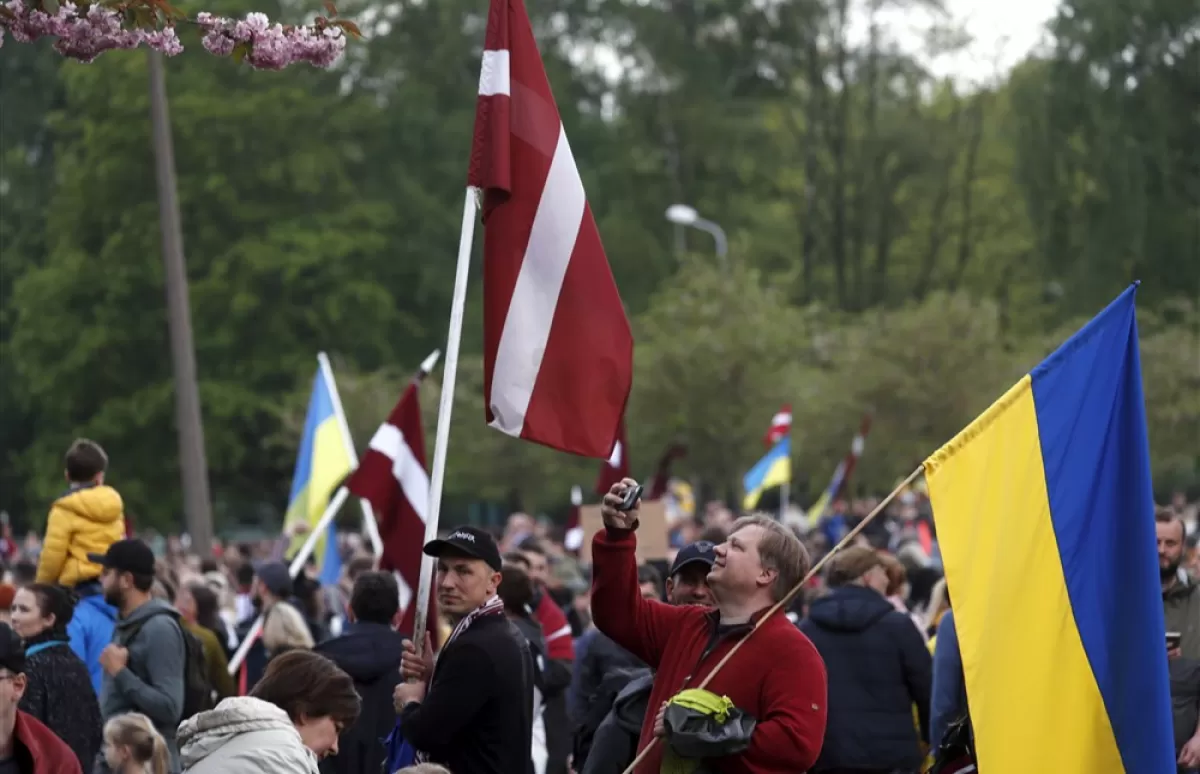
Russia has drawn plans for each Baltic country on how to influence local politics and society. The war in Ukraine seems to have derailed these plans, but that doesn’t mean that Russia’s long-term goals have changed.
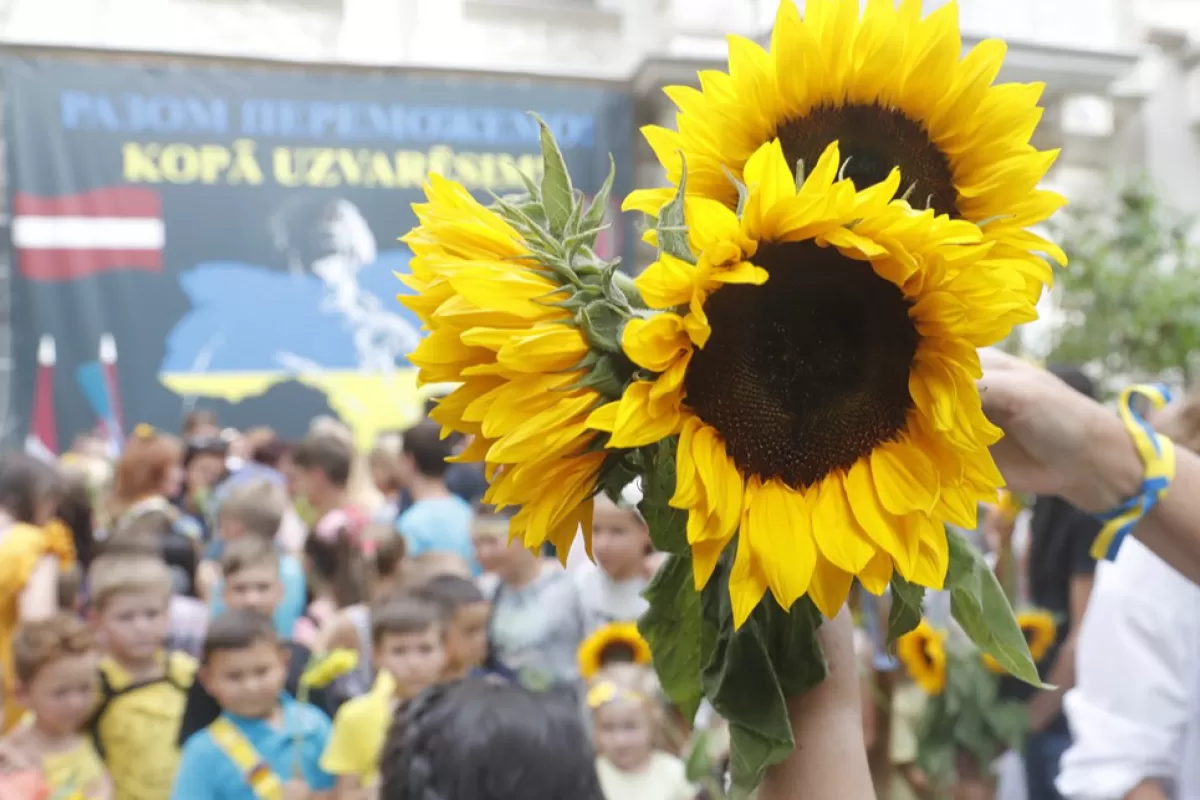
Latvia is a staunch supporter of Ukraine. However, around one quarter of its population is made up of Russian ethnics, and the number of those speaking Russian as a first language is higher. The war in Ukraine brought into focus the loyalties of that population – do they support Riga’s policy and Ukraine, or Russia’s aggression and president Vladimir Putin? No one seems to know the answer to that.

Ever since the collapse of the Soviet Union, the Baltic countries have been skeptical about Russia’s true aims. It was a view that proved to be more realistic than those held by many in the West, who thought that Russia can be a genuine partner of the Western liberal democracies and part of a stable international system.
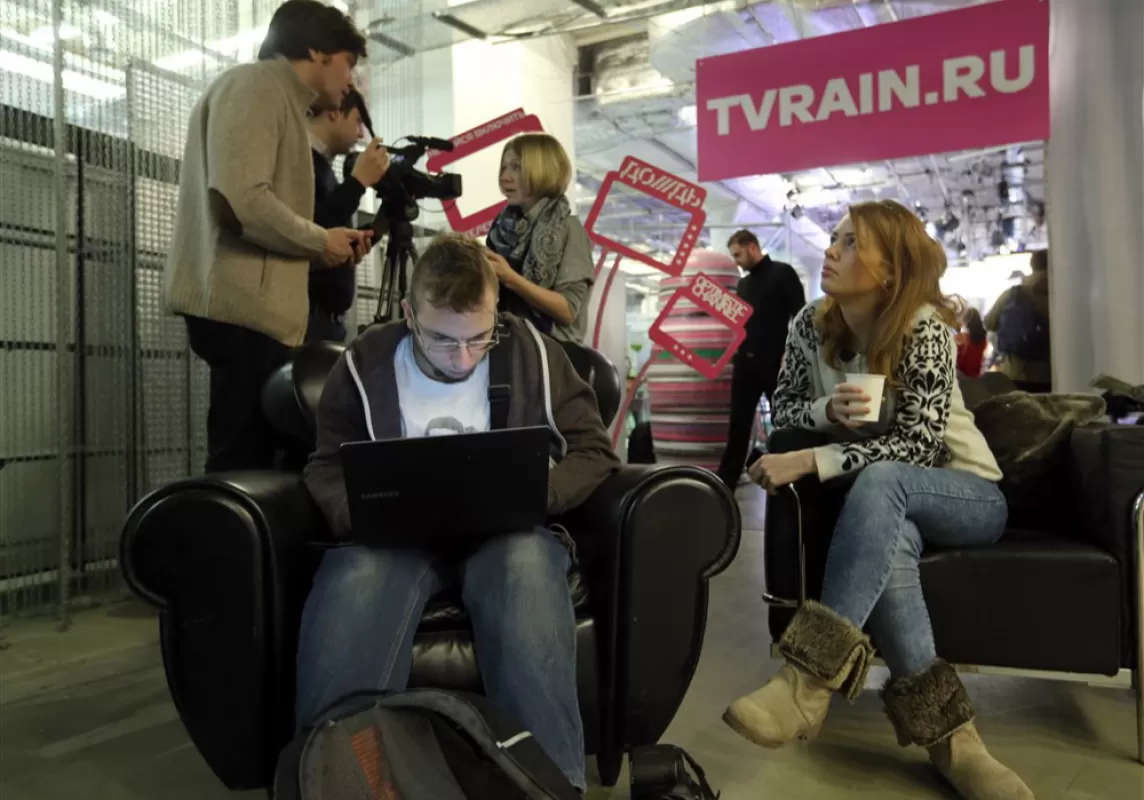
As the Kremlin made it virtually impossible for independent media to work in Russia, many outlets and journalists took refuge abroad. The Baltics offered such a safe haven including to the famous TV Rain, which moved its main operations to Latvia. After broadcasting for several months, TV Rain’s license was revoked for not complying with the Latvian rules and showing sympathy for the Russian troops fighting in Ukraine. However, Riga’s decision, while considered too harsh by some, did not lead to an exodus of Russian independent media from the Baltics.

Despite causing heavy criticism and dissatisfaction with their response to the Covid-19 pandemic, taxes, and other issues, Prime Minister of Latvia Krišjānis Kariņš, and his party “New Unity” will most likely form the new government following the parliamentary elections held on October the 1st. However, the elections did significantly alter the landscape of Latvian politics.

By joining NATO, Finland and Sweden would make the Alliance the main power in the Baltic Sea. Together, the two countries boast efficient and highly trained air, sea and ground forces, a good defense industry, and quick response capabilities. They occupy strategic position. And they would greatly consolidate the security of NATO’s most vulnerable member states – the Baltic countries.
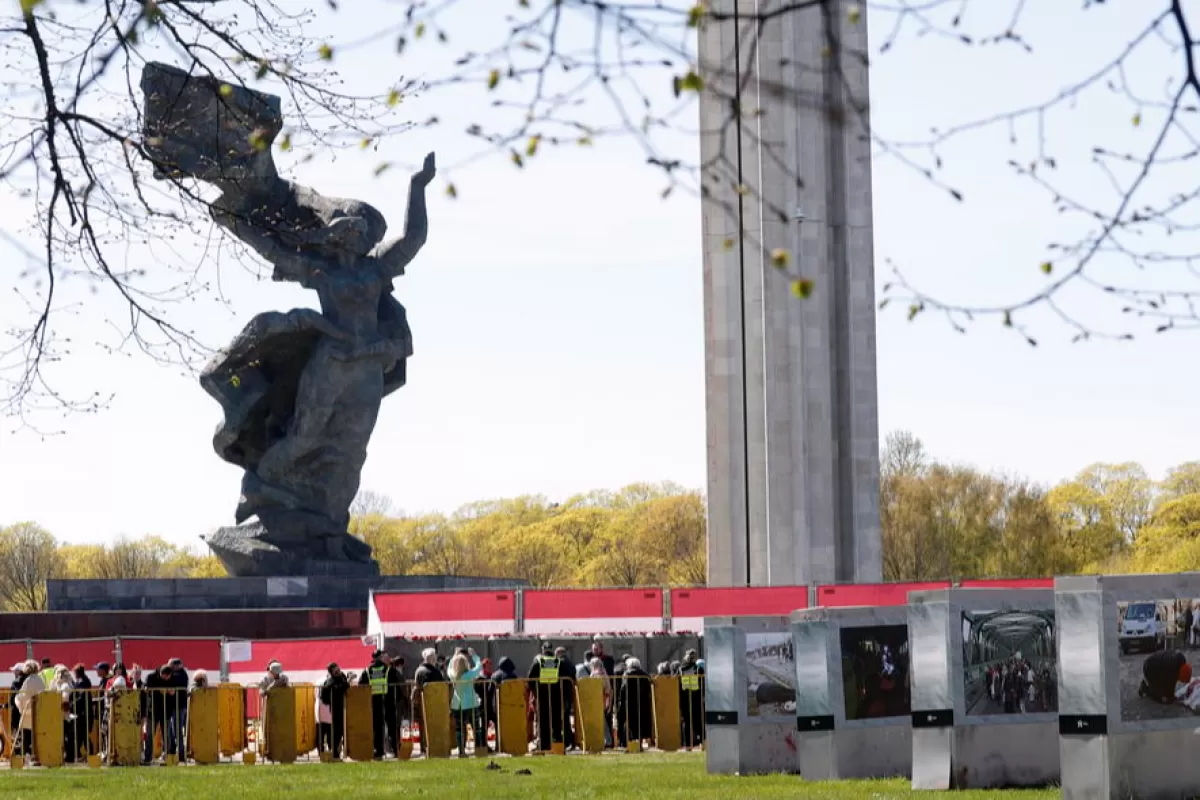
Respected and hated. Saw a lot of flowers, but was also cursed and even blown up. That’s the fate of the Monument of Victory in Riga which is, probably, going to be demolished as a consequence of Russia’s large scale invasion of Ukraine. Hundreds of other Soviet era monuments may soon follow
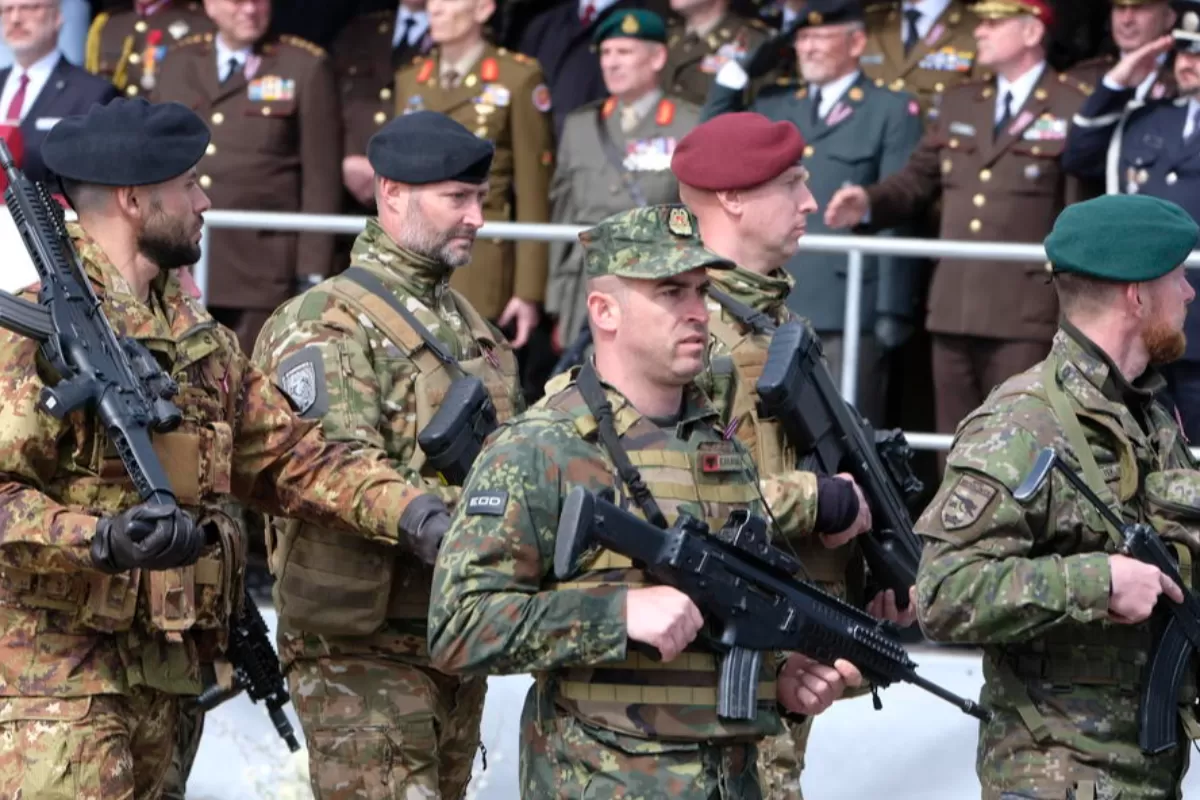
The Baltic states are probably among the NATO countries most exposed to a possible Russian attack and were among the first to express concern about the aggression of the Putin regime. Their NATO membership offers them protection, but experts feel that the Alliance needs to consolidate its position in the region.

Despite the fact that during the last eight years the Russian propaganda has targeted mainly Ukraine, Kremlin did not forget the Baltic States and Latvia. On the one hand Latvia itself was targeted, on the other propaganda and disinformation about Ukraine and NATO were promoted as well.